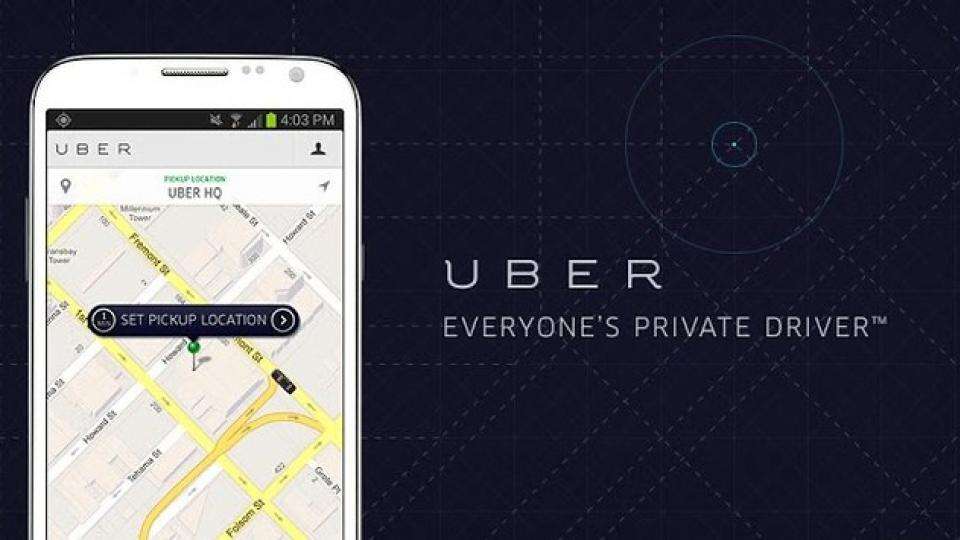Uber, the taxi and ride-sharing service, has been banned throughout Germany by a court in Frankfurt. The court said the company did not have the necessary legal permits to operate under German law and was told last week through a summary judgment that it would no longer be able to take passengers and would face a fine if it did.
According to the BBC , the ruling is a temporary injunction, so this situation may change at a later date if a follow-up hearing took place.
Uber is a company that lets passengers summon cars using their smartphones. The Uber app then works out the fare during the journey and automatically charges it to the passenger's registered credit card, which often works out much cheaper than traditional taxi services.
As a result, Uber has repeatedly come under fire this year for creating unfair competition, with rival taxi companies arguing that they have to obey more regulations than Uber which prevent them from matching the San Francisco-based firm's prices.
In June, Uber faced potential legal action from London's transport authorities, but TFL decided not to pursue the case. In protest, black cab drivers brought traffic to a standstill, claiming that Uber's method of calculation infringed their right to be the sole users of taximeters in London. It is currently illegal for private vehicles to be fitted with taximeters under the Private Hire Vehicles Act 1998 .
Speaking with The Guardian , London mayor Boris Johnson said it would be "difficult" for him to ban Uber "without the risk of a judicial review", but that he was sympathetic to the problem that taxi drivers were facing.








